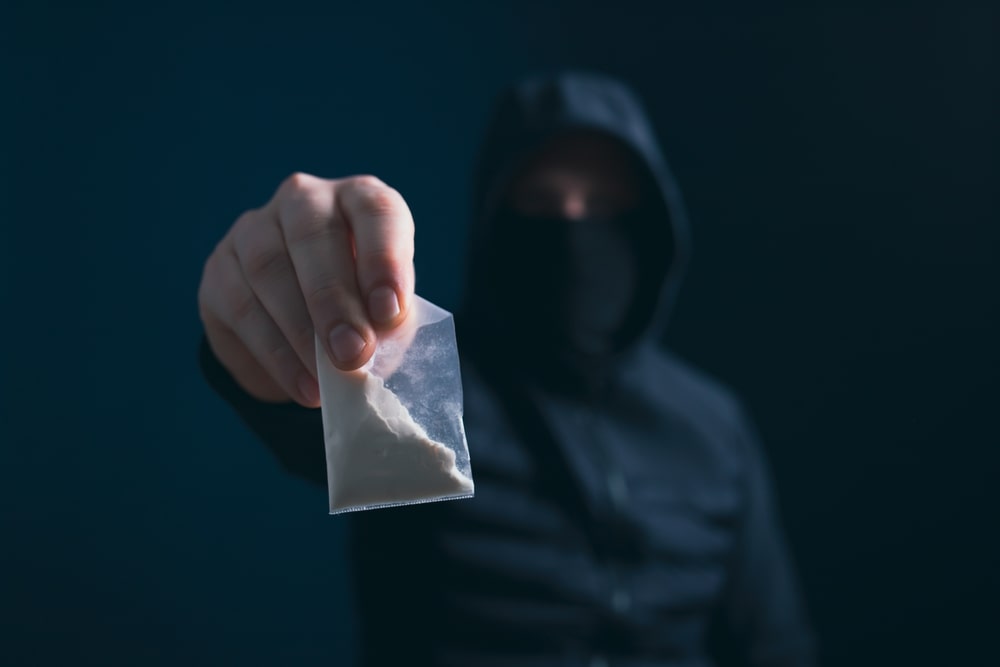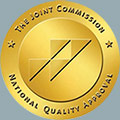Cocaine, also known as coke, is a highly addictive, fast-acting nervous system stimulant.
It is an illegal drug that is used recreationally. The United States Drug Enforcement Administration (DEA) classifies cocaine as a Schedule II Substance, which is defined as a drug “with a high potential for abuse with use potentially leading to severe psychological or physical dependence.” Cocaine is made from the leaves of a plant that is native to South America, called the coca plant. In its purest form, it looks like a fine white powder, resembling flour or talcum powder. There are several ways in which people can ingest cocaine. A person can snort cocaine powder, rub cocaine powder onto his or her gums, or dissolve cocaine powder into water and inject it directly into his or her bloodstream. Individuals can also smoke cocaine after it has been processed into crack cocaine, which is the crystal form of cocaine.
Crack is colored yellow, pale rose or white and is usually sold in blocks. The most common way people use crack cocaine is by heating the block and then smoking the vapors. Crack cocaine is known to be the most potent form of cocaine available. Studies have indicated that on average, crack cocaine is between 75% to 100% pure, which makes it far more potent than regular cocaine. The way the cocaine works in one’s body is by sending increased levels of dopamine (a neurotransmitter that carries signals between brain cells) to areas of the brain that reign pleasure, and the excess buildup of dopamine elicits feelings of energy, alertness, and euphoria.
Signs and Symptoms
The specific signs and symptoms that may manifest because of an addiction will vary, as each person is different. Several common signs and/ or symptoms that may be exhibited by an individual struggling with an addiction to cocaine can include any combination of the following examples:
- Dilated pupils
- Aggressive behavior
- Restlessness
- Increased breathing rate
- Burns on fingers
- Cracked and/ or blistered lips
- Paranoia
- Nausea
It is important to note that an individual that exhibits any of the above symptoms may be struggling with an addiction to cocaine and/ or abusing another substance. If left untreated, an addiction can result in severe short and long-term consequences.
For Information and Support
Contemplating detox can be a very challenging time. Before any individual can begin to work on the underlying issues contributing to their substance abuse problem, they must be separated from the substances in their systems. If you are concerned for yourself or a loved one regarding substance abuse, and/ or addiction we recommend reaching out for help as soon as possible. The earlier you seek support, the sooner you and your loved ones can return to leading happy, healthy, and fulfilling lives. Sherwood Detox offers a stand-alone detox program. For additional information on detox, please do not hesitate to contact us at: 818-626-9959 or feel free to email us anytime. One of our trusted counselors is available to talk and discuss how we can best support you on your journey.









